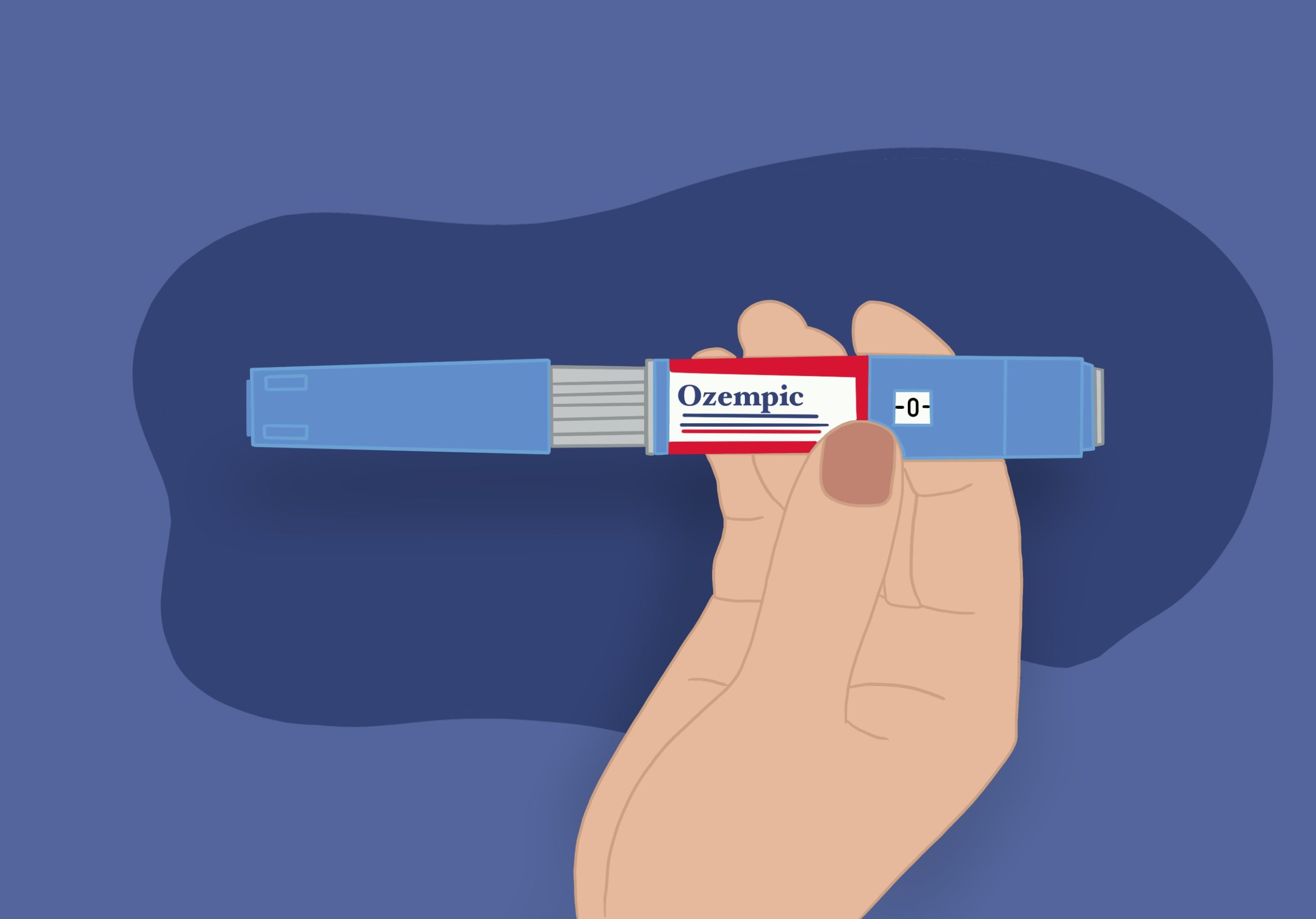Right now, a University of Minnesota college student is sitting in front of her computer overwhelmed with stress, struggling to stay focused and plagued by low self-esteem.
“I think I must be stupid,” she concludes following years of dysfunction. Even though her symptoms scream Attention Deficit Disorder, she likely won’t be diagnosed until she’s in her late 30s.
By that time, the damage has been done.
Boys are three times more likely than girls to be diagnosed with Attention-Deficit/Hyperactivity Disorder(ADHD). Upon hearing this, you might be quick to conclude the disorder is just not as prevalent in girls. You are not alone in this assumption.
According to Kathleen Nadeau, PhD, author of Understanding Girls with ADHD and psychologist specializing in ADHD, teachers, and parents are more likely to refer boys rather than girls with ADHD for services, even when they exhibit identical behaviors.
The implications of these perceptions lie in a little girl staining her homework with tears who is experiencing feelings of low self-worth, struggling to sustain friendships and is at risk for depression and anxiety as she grows older. At school, she is not disruptive. Her parents noticed her attention struggles, but her last report card stated she was “a joy to teach.” How can she have ADHD if she is not hyperactive or impulsive at school, telltale signs exhibited by young boys?
Many young girls experience symptoms of ADHD that are overlooked because they differ from those of their male counterparts. With many girls being underdiagnosed comes the tendency to “suffer silently.” They may internalize their symptoms of inattention because they are not typical signs of ADHD. This internalization carries detrimental effects into adulthood.
Picture a young girl in elementary school. She dreads the surprise organization checks where teachers meticulously inspect each student’s desk. The little tick mark next to each organized student’s name never seems to appear next to hers. Her name does, however, often appear on the board on Friday-Fun days. Only it is a part of the list of students who didn’t complete their homework and were not allowed to participate.
Now, as a young adult, she finds herself overcompensating for past feelings of inadequacy. She engages in high levels of self-criticism, setting unrealistic expectations over schoolwork. Her inability to keep up is destroying her self-esteem.
I know, because I am her.
This begs the question: Why?
Research on ADHD has centered on young boys displaying hyperactivity, shaping the current diagnostic criteria that disregard the symptoms present in girls ––which are often drastically different. Despite society inching its way towards recognition, the diagnostic criteria remain stagnant.
Gender stereotypes worsen the issue. Women are often expected to be more organized and attentive qualities challenging for those with inattentive ADHD. The consequences of not meeting these societal expectations manifest in negative self-perceptions. Without an explanation for their struggles, young girls and women often place the blame on themselves.
The impact of gender disparities in ADHD diagnoses doesn’t end in adolescence. Remember the University student, troubled with symptoms of ADHD but unable to pinpoint her issues? She wrestles with high levels of anxiety and self-criticism, unable to balance the responsibilities associated with young adulthood.
The ratio of boys to girls with ADHD in medical evaluations is 9:1. This disparity arises from a critical gap in research focusing on girls with ADHD, leading to fewer medical referrals, diagnoses and ultimately, fewer girls receiving the help they desperately need. Amid finals week at UMN, it’s certain there are young women across campus silently struggling to keep up.
These invisible struggles that persist into adulthood are real, and they desperately need our attention. The long-term consequences of ADHD in girls are devastating, especially for those who remain undiagnosed. The lack of awareness surrounding the symptoms and how they manifest in women perpetuates the cycle of underdiagnosis. To break this cycle, we need widespread awareness, including more research studies, training for teachers to recognize the signs, and more writing to educate the broader community.
So, what can you do?
By being aware of how ADHD can present itself in girls and women, you are doing your part. You do not have to be a teacher, a parent or have ADHD to educate yourself and pass your knowledge on. The call for awareness and action is a collective responsibility.
By acknowledging and addressing these issues, we can move towards a more inclusive society –– one where the little girl crying over her schoolwork and the struggling college student, both paralyzed by their symptoms, are recognized by their parents, teachers and healthcare professionals.
Ellie Amic is a junior at the University of Minnesota, studying Early Childhood Development.















Livia Russell
Apr 14, 2024 at 12:03 pm
Dear Ellie,
Thank you for your great article.
Your piece was so well written and eye opening.
I have family members who have struggled with ADHD and know how devastating it is.
Please see if you can submit your article to the New York Times and other publications, it needs to be read by everyone.
Thank you.
Livia
Ronda Fuller
Dec 20, 2023 at 5:33 pm
Thank you for sharing your thoughts on Girls and ADHD. I concur 100% as a recently diagnosed ADHD sufferer (at 55 years) who is trying to help her 14 year old daughter navigate through ADHD. It’s a real shame that finding out more about ADHD in girls – and some many other afflictions that predominantly affect women, like menopause – wasn’t seen as priority to the medical community. And it still isn’t.
Kathleen G Nadeau
Dec 19, 2023 at 10:29 am
Ellie – good for you for spreading the word! More of us need to stand up and speak out before things will change. Even now, there is no acknowledgement that girls and women need diagnostic criteria that explore their lived experience with ADHD.
Kathleen Nadeau, Ph.D.
Steven
Dec 19, 2023 at 7:25 am
Great article girl!